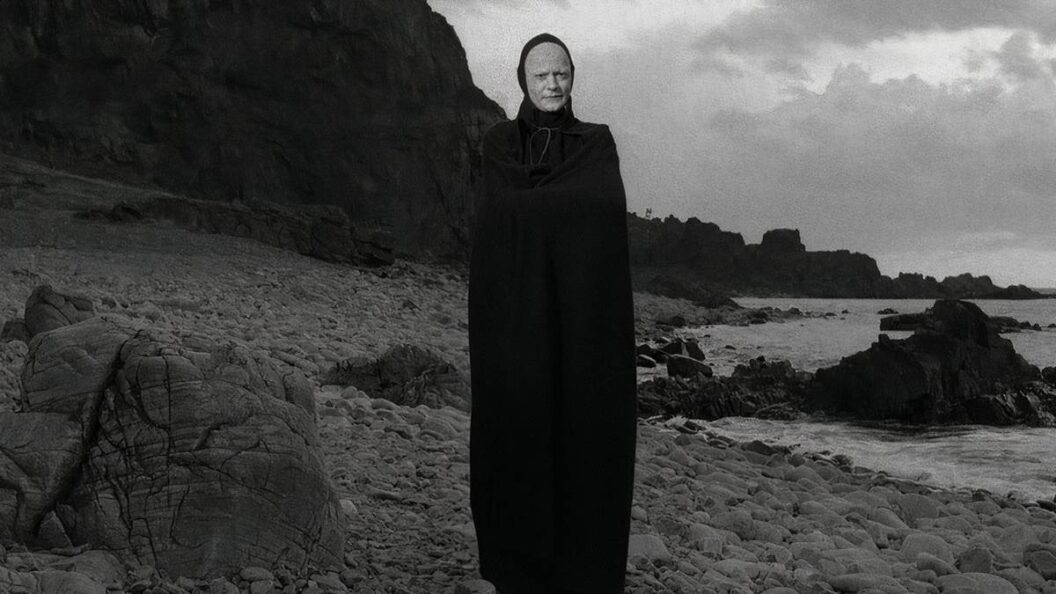Celebrating Ingmar Bergman: A Legacy of Cinematic Mastery
Few filmmakers have made as significant an impact on the cinematic landscape as Ingmar Bergman. Over four decades, the Swedish director created films that deeply engaged with profound themes of existence, identity, and human emotion. Renowned for his stark yet lyrical storytelling, Bergman challenged viewers to confront difficult ideas through his striking imagery and intense narratives. This article highlights some of his most celebrated works, exploring their enduring significance and the artistry behind them.
Bergman’s Signature Style
Bergman’s filmmaking style is characterized by its emotional intensity and visual daring. His collaborations with actors like Liv Ullmann, Max von Sydow, and Bibi Andersson resulted in unforgettable performances, making his films a rich ground for academic study and critical appreciation. Bergman’s ability to capture the complexities of human relationships resonates with audiences, making his works timeless masterpieces.
Top Films of Ingmar Bergman
1. The Seventh Seal (1957)
"I want knowledge! Not faith, not assumptions. Knowledge!"
This film features the iconic image of a knight, played by Max von Sydow, engaged in a chess game with Death. Through this medieval allegory, Bergman grapples with themes of mortality and the quest for meaning in a suffering world. The juxtaposition of the cosmic and the human creates a narrative that is both accessible and philosophically rich. The Seventh Seal remains one of the most recognized films in cinematic history.
2. Persona (1966)
"We act a part in order to be loved, don’t we?"
Persona presents a complex exploration of identity through the relationship between an actress who has stopped speaking and her nurse. The thematic interplay between the two women blurs the boundaries of selfhood, creating a psychological labyrinth that invites endless interpretation. Bold visual techniques and stark cinematography mark this film as one of Bergman’s most experimental works.
3. Wild Strawberries (1957)
"It’s terrible to know so little and yet so much at the same time."
A bittersweet meditation on aging and reconciliation, Wild Strawberries follows an elderly professor reflecting on his life during a road trip. Featuring poignant dream sequences, the film explores themes of regret and self-discovery, encouraging viewers to contemplate their personal history and connections with others.
4. Fanny and Alexander (1982)
"I want to live in my own world, with my own truths."
Bergman’s final theatrical film weaves together memory and fantasy within a family saga, highlighting themes of joy, loss, and the oppressive nature of authority. Its lavish production and profound emotional depth make it a fitting conclusion to Bergman’s illustrious career, earning four Academy Awards.
5. Cries and Whispers (1972)
"It’s so strange to see someone dying so serenely."
This emotionally charged film depicts three sisters grappling with grief and unresolved conflicts, particularly as one faces terminal illness. The striking use of color and profound performances invite audiences to reflect on the nature of suffering, love, and the search for solace amidst despair.
6. Scenes from a Marriage (1973)
"We talk so much about freedom. But when it comes down to it, we choose slavery."
An exploration of intimacy and estrangement, Scenes from a Marriage chronicles the tumultuous relationship between a couple over time. Its honest and often painful dialogue portrays the complexities of love and the toll of emotional neglect, resulting in a timeless examination of human connection.
7. The Virgin Spring (1960)
"You saw it! The death of an innocent child and my vengeance."
This harrowing medieval tale explores themes of innocence and retribution, centering on a father grappling with the murder of his daughter. Balancing horror with moral inquiry, the film’s impact is felt through its stark imagery and profound thematic questions about justice and faith.
8. Autumn Sonata (1978)
"A mother and a daughter. What a terrible combination of feelings and confusion."
Featuring exceptional performances from Ingrid Bergman and Liv Ullmann, this film examines the fraught relationship between a mother and her neglected daughter. The dialogue reveals deep emotional layers, making it one of Bergman’s most intimate explorations of family dynamics.
9. Hour of the Wolf (1968)
"The old ones dream nightmares no one else dares to."
Bergman’s only foray into true horror, Hour of the Wolf, delves into the terrors of the subconscious. Featuring a protagonist haunted by visions and paranoia, the film intricately weaves psychological terror with existential themes.
10. Summer with Monika (1953)
"Life isn’t so simple. You can’t just run away from it."
This early work shocked audiences with its candid portrayal of youthful passion, capturing the complexities of love and disillusionment. Harriet Andersson’s magnetic performance propels the film’s exploration of fleeting joy against the backdrop of societal responsibilities.
Conclusion
Ingmar Bergman’s films offer a compelling lens through which to understand the human experience. His work continues to influence filmmakers and audiences alike, inviting ongoing reflection on life’s most profound questions. The exploration of emotion, identity, and morality in Bergman’s cinema creates a legacy that resonates deeply within the fabric of film history. As new generations discover and dissect his timeless masterpieces, the significance of his artistic contributions remains ever-present.









